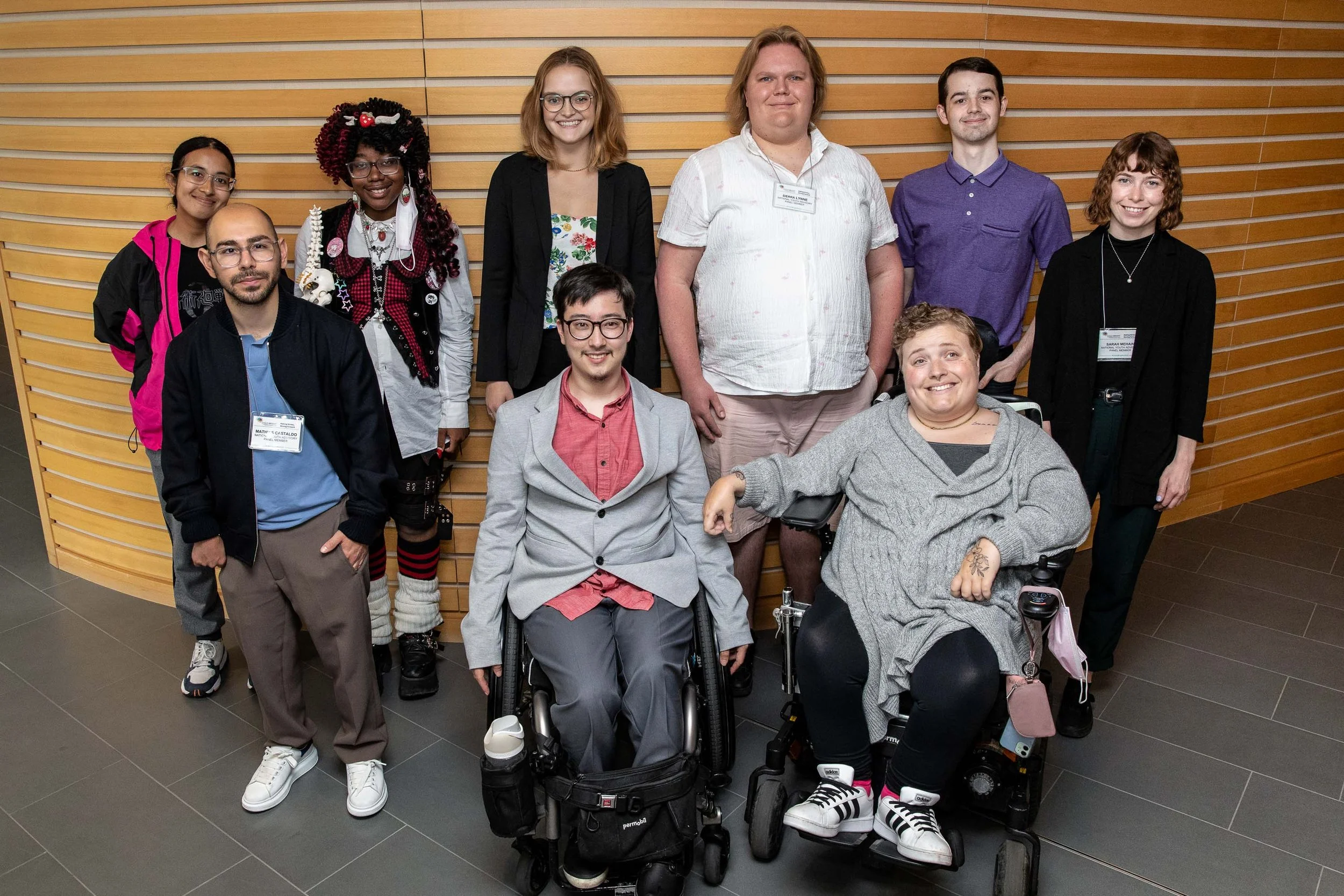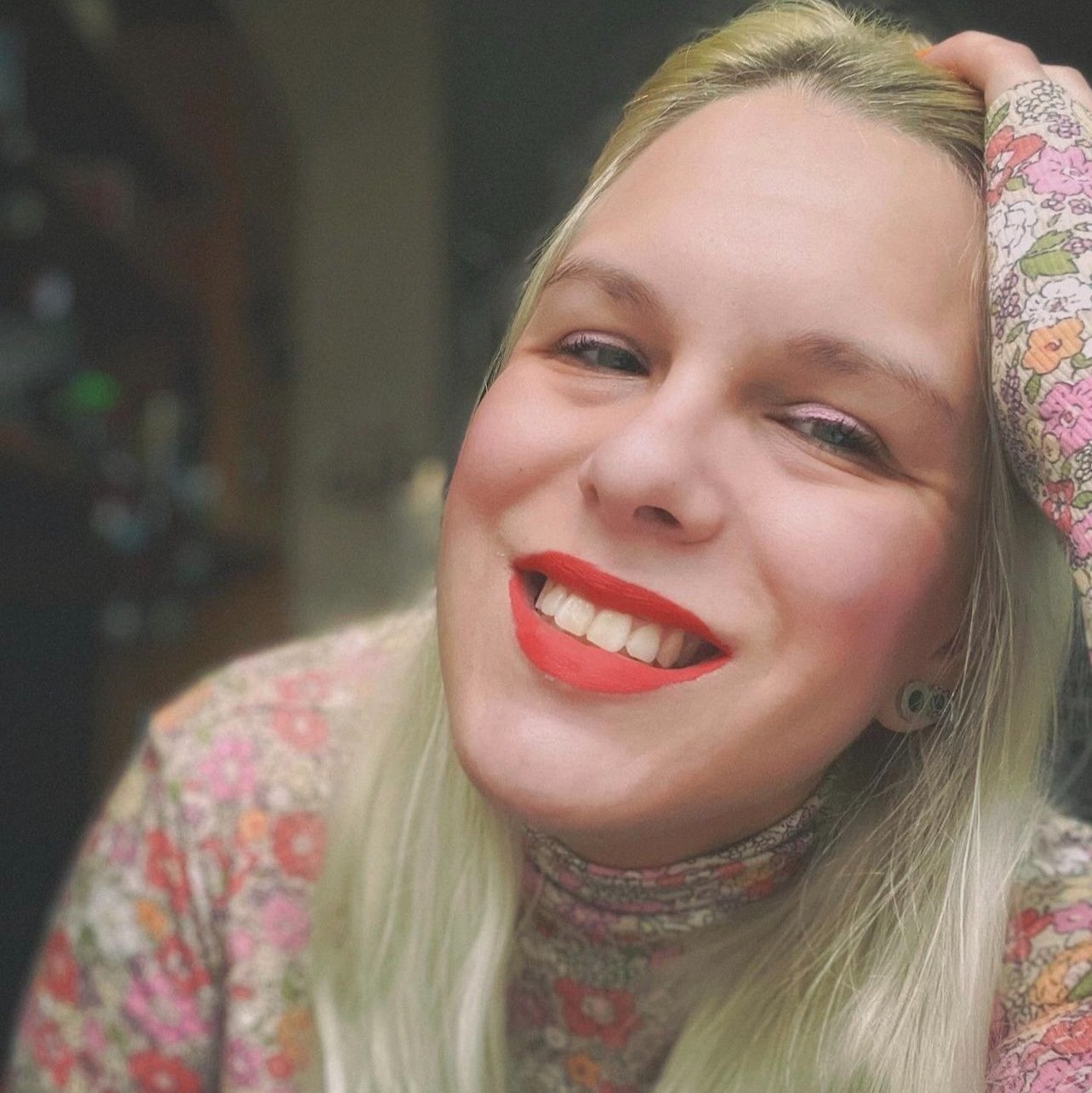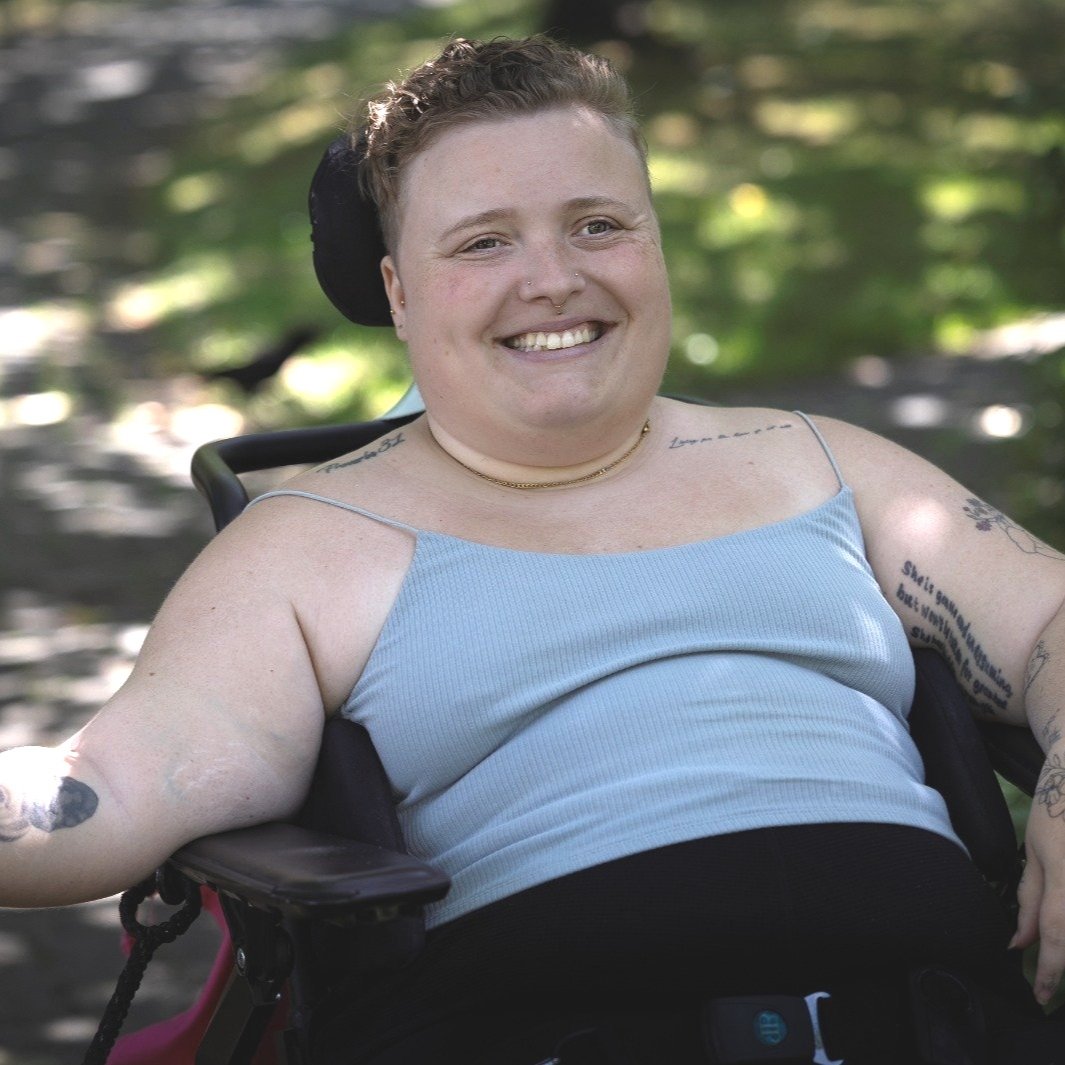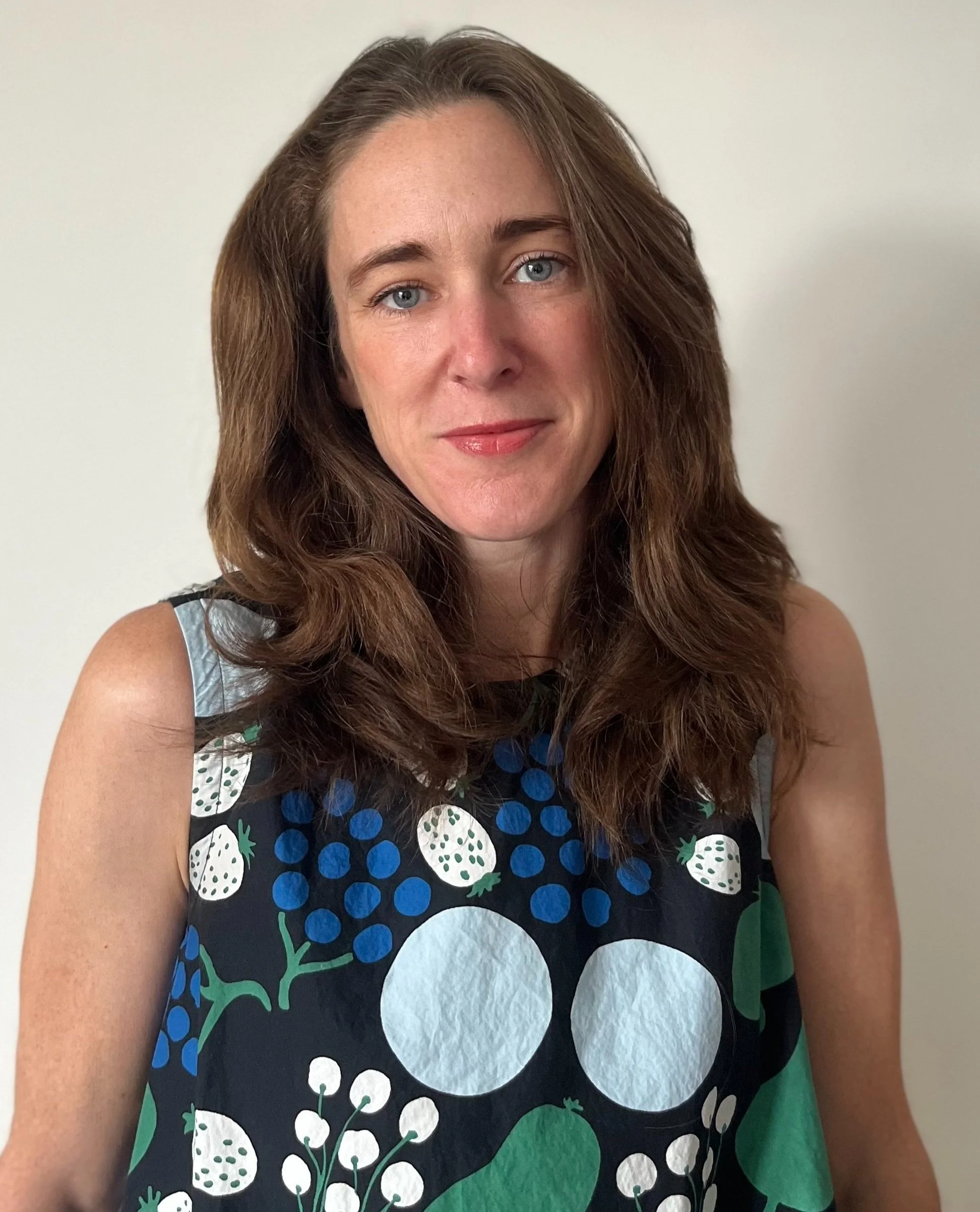Submit your nominations!
Open to members and non-members of CHILD-BRIGHT
The CHILD-BRIGHT Network is proud to launch the fourth iteration of the Frank Gavin Patient Engagement Leadership Awards, which recognize the exceptional leadership of partners with lived and living experience (PWLEs) in Canadian pediatric brain-based disability research.
Established in 2021, the awards were named in honour of Frank Gavin, our former Director of Engagement, for his vital contributions to the network’s impressive growth as an entity of the Strategy for Patient-Oriented Research (SPOR).
In this fourth iteration, we will be granting a Frank Gavin award to two PWLEs: 1) a youth or former pediatric patient with lived and living experience of a brain-based developmental disability and 2) a parent, caregiver, or family member of a child with lived and living experience of a brain-based developmental disability.
Do you know a PWLE with considerable experience participating in patient-oriented research and a proven track record of research engagement leadership? Would you like to put your own name forward? We’re accepting nominations as of today!
Nominations are due by March 21, 2025
Visit the competition page for all the details, including the eligibility requirements and application guidelines. Note that members as well as non-members of the CHILD-BRIGHT Network are eligible for these awards.
Good luck!

















Tommy Akinnawonu
Member, National Youth Advocacy Council
Bio